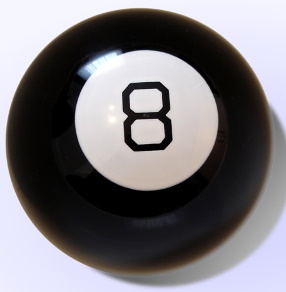A Short Viva
I’m asked about short vivas in almost every Viva Survivor session:
- What can I do to have a short viva?
- How can I steer my examiners to ask fewer questions?
- How could I make my viva be less than an hour?
They’re not from a place of not wanting to be in the viva. It’s just simple worry. Nerves and anxiety running wild. I don’t blame people for these questions, but they are the wrong questions to ask about the viva experience. There really isn’t much one could do to dictate the length of the viva, or steer examiners away from questions.
But what could you do?
You could prepare. You could practise. You could decide to engage with your examiners and do your best.
Maybe we could simply change our questions:
What can I do to have a short viva?What can I do to have a good viva?How can I steer my examiners to ask fewer questions?How can I best engage with my examiners’ questions?How could I make my viva be less than an hour?How can I prepare to be at my best however long the viva is?
So what will you do?
